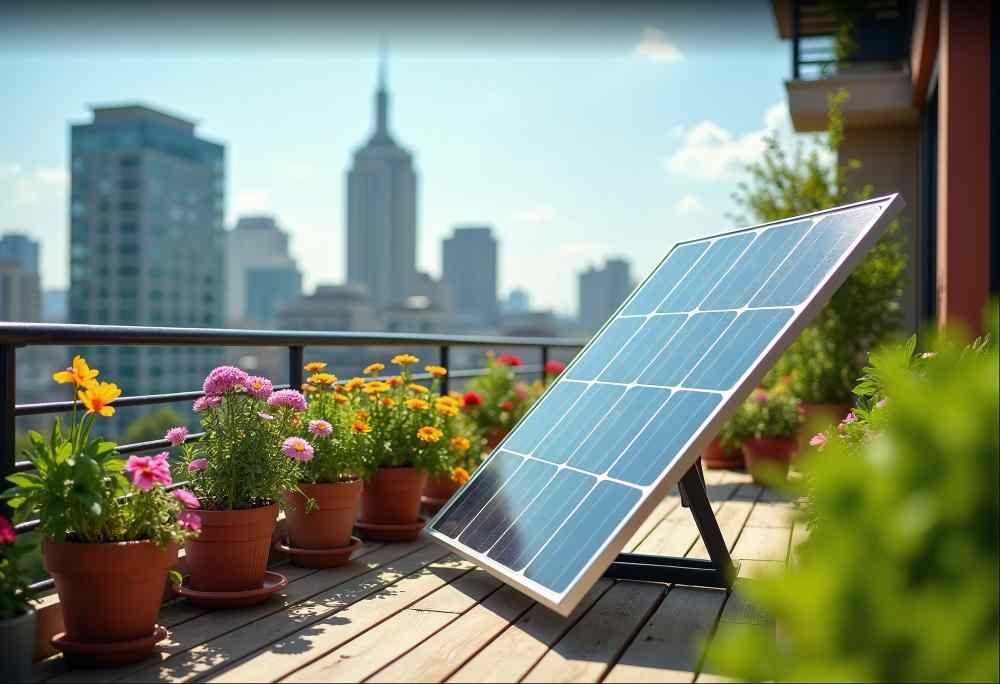We’ve all been there: opening your monthly electric bill and getting an unpleasant surprise. One moment it’s in the usual range, and the next, it’s higher than you ever expected. But what causes these spikes? Why do electric bills fluctuate, and more importantly, how can you tackle the issue before it becomes a recurring problem?
The reality is, multiple factors contribute to a higher-than-expected electric bill. Whether it’s your habits, outdated appliances, or something less obvious like weather changes, understanding the root causes can help you take action and prevent future high charges. Let’s explore the most common culprits behind high electric bills.
1. Inefficient Appliances and Electronics
Outdated or inefficient appliances are a leading cause of high energy costs. Older models of refrigerators, air conditioners, water heaters, and even lighting fixtures often consume more electricity than newer, energy-efficient versions. When appliances are less efficient, they work harder to perform the same tasks, using more energy in the process.
For instance, a fridge from the 90s might consume twice as much electricity as a modern Energy Star-rated refrigerator. Likewise, leaving electronics plugged in—like computers, televisions, or chargers—when they’re not in use can also lead to unnecessary energy consumption, even if they’re turned off. This phenomenon, known as “phantom load,” adds up over time.
Solution:
If your appliances are old, consider upgrading to energy-efficient models. Additionally, unplug devices when not in use, or use power strips to easily turn off multiple devices at once.
2. Heating and Cooling Systems
Your heating and cooling systems (HVAC) are often the biggest energy consumers in your home. Whether it’s the winter chill or the summer heat, keeping your home at a comfortable temperature can take a toll on your electric bill. A lack of proper insulation, leaky ducts, or even a malfunctioning system can make it more difficult to maintain your ideal indoor temperature, forcing your HVAC system to run more than it should.
The energy efficiency of your HVAC unit also matters. Older systems or poorly maintained units often struggle to perform efficiently, using far more energy than they should.
Solution:
Make sure your HVAC system stays in top shape by scheduling regular inspections and cleaning, and don’t forget to keep up with furnace repair in Draper if needed. If your system is outdated, upgrading to a high-efficiency model can make a big difference in energy savings. Regularly changing air filters is also essential for optimal performance. Additionally, improving your home’s insulation and sealing any gaps in windows and doors will help maintain a comfortable indoor temperature while easing the load on your system.
3. Thermostat Habits
The way you set and use your thermostat plays a huge role in your electricity usage. For example, setting your thermostat too high in summer or too low in winter can lead to unnecessarily high energy consumption. Even small changes in temperature settings can have a significant impact on your bill.
For every degree you raise your thermostat in the summer, you can increase your cooling costs by about 6–8%. Likewise, lowering your thermostat in the winter can increase heating costs similarly.
Solution:
Invest in a smart thermostat that automatically adjusts the temperature based on your schedule. In addition, consider setting your thermostat a few degrees higher in summer and lower in winter for better efficiency.
4. Peak Usage Times
Electricity providers often charge different rates depending on the time of day, with peak hours being the most expensive. If you use a lot of energy during these peak times, it can result in a noticeably higher bill. Many households make the mistake of running power-hungry appliances, like dishwashers and washing machines, during these costly hours.
Solution:
Be mindful of your electricity usage during peak hours, typically late afternoon to early evening. Try shifting heavy usage tasks—such as laundry or running the dishwasher—to off-peak hours, like early morning or late at night.
5. Poor Insulation and Air Leaks
Inadequate insulation and air leaks can force your heating or cooling system to work harder to maintain the temperature inside your home. Whether it’s drafty windows, poorly insulated walls, or gaps around doors, these small issues can add up to a significant increase in energy usage.
Solution:
Inspect your home for gaps around windows and doors, and use weather stripping or caulking to seal them. You can also add insulation in your attic or walls if necessary, which will help prevent air from escaping and reduce your reliance on heating and cooling systems.
6. Behavioral Habits
Sometimes, the cause of your high electric bill can be as simple as daily habits. For example, constantly leaving lights on, running the dishwasher with only a few items, or overusing the dryer all contribute to higher energy usage. In fact, small, everyday activities can have a big cumulative impact.
Solution:
Be mindful of your electricity usage. Turn off lights when not in use, opt for air-drying clothes when possible, and only run dishwashers or laundry machines with full loads. These small adjustments can significantly reduce your energy consumption.
7. Weather and Seasonal Changes
Changes in the weather can lead to spikes in energy usage. Extreme temperatures, such as heat waves in summer or freezing conditions in winter, can cause your heating or cooling systems to work overtime. Additionally, during the colder months, homes with electric heat are particularly vulnerable to higher costs.
Solution:
Though you can’t control the weather, you can prepare your home for temperature fluctuations. Use ceiling fans to circulate air, wear warmer clothes in winter, and set up outdoor shading in summer to reduce the strain on your HVAC system.
In Conclusion
High electric bills are often the result of a combination of factors. Whether it’s inefficient appliances, poor insulation, habits, or the seasonal demands of heating and cooling, understanding the causes of high energy consumption can help you take control of your usage and expenses. By making a few changes—upgrading appliances, adjusting thermostat settings, improving insulation, and being mindful of your habits—you can significantly reduce your electric bill and improve the energy efficiency of your home.
By tackling these common culprits, you’ll not only reduce your energy consumption but also keep your budget in check. It’s time to start making smarter energy choices for a more cost-effective and eco-friendly home!







